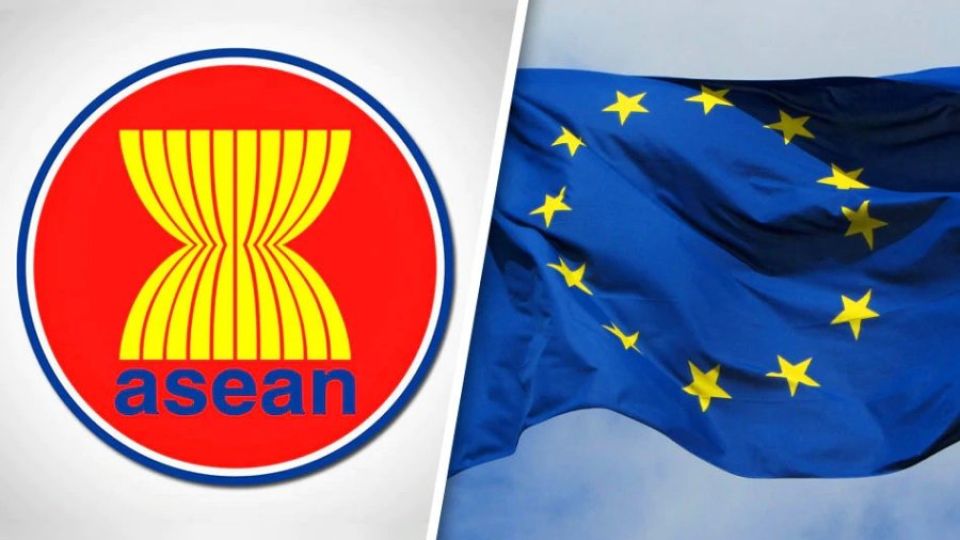December 16, 2022
JAKARTA – The joint statement issued after the first summit between ASEAN and European Union leaders in Brussels on Wednesday shows a much more level playing field in the relationship between the countries in the two regions. In their declaration, the issue of human rights, one of the EU’s favorite subjects, was barely touched, not because ASEAN members have improved their record on that front, but more because the EU knows it is dealing with a partner with much-stronger bargaining power.
In the commemorative summit to mark the 45th year of relations between the two regional groupings, the EU demonstrated recognition of ASEAN as a major economic powerhouse. In fact, Southeast Asia has morphed into a magnet for major powers in pursuit of economic, political and security interests.
The EU and ASEAN are each other’s third-largest trading partners. Southeast Asia still has raw and natural resources in abundance to feed industries in Europe.
The summit came on the heels of Indonesia’s defeat in its dispute with the EU at the World Trade Organization over the country’s nickel-ore export ban. Indonesia insists on appealing the WTO decision, but whatever the result will not matter to Indonesia as it is poised to carry on its downstreaming policy that will transform it from a raw-nickel producer to a global supplier of highly processed nickel.
At about the same time, Indonesia filed a protest with WTO against the EU for its regulation on deforestation-free products that will close its market for Indonesian palm-oil products. While the aim of the regulation is noble, namely to fight deforestation, it is just too naïve to believe that environment is the only reason for the market restriction.
From the geopolitical perspective, the EU’s deep engagement with ASEAN is a must as the former has set its sight on more influence in the Asia-Pacific region, the center of global economic growth and, hence, competition of big powers. The EU intends to increase its presence in the region amid the decline of the United States’ might and China’s rise.
The EU should phase out its traditional dependence on Washington. Only by building close relations with ASEAN can the EU play a more decisive role in the Asia-Pacific region. No wonder the clamor about human rights, corruption and environmental degradation associated with Southeast Asia have now subsided.
In his speech at the EU-ASEAN Summit, President Joko “Jokowi” Widodo told the European leaders to stop dictating to their partners because good relationships should be based on the principle of equality and mutual respect. “There should be no more party that wants to dictate and assumes that my standard is better than yours,” said the President.
Obviously, the EU has tried to persuade ASEAN to side with them in their effort to end Russia’s war in Ukraine and to confront a more-assertive China. ASEAN made it clear in Brussels that they would stick to their own view about the Ukraine and China issues, despite pressure from the West.
China is becoming a growing concern for its ASEAN neighbors, but they choose to take their own path in dealing with the world’s second-largest economy.
As it takes two to tango, the ASEAN-EU relations should mutually benefit both parties. Any attempt to force or dictate to ASEAN is just a waste of time because ASEAN is much more confident in facing the world.


